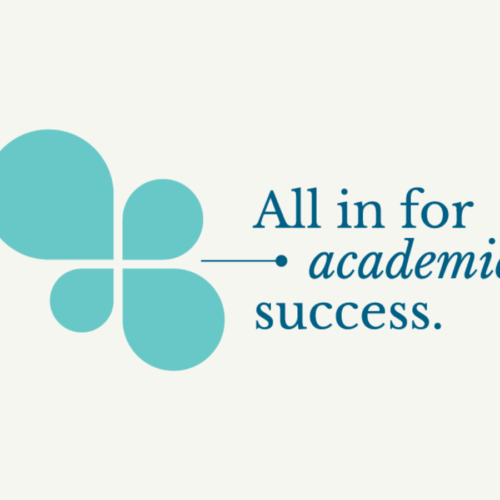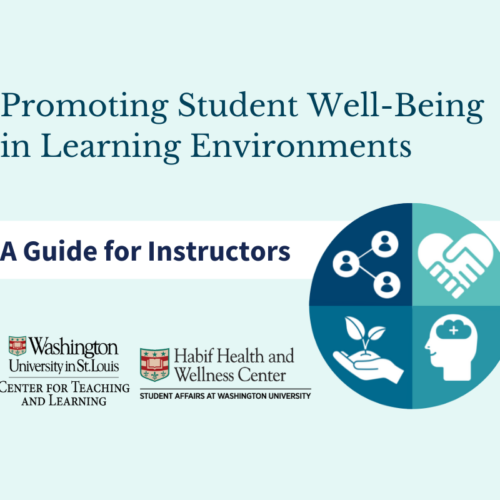New Harvard Study Shows Benefits of Active Learning Versus Lecture
A recent study from Harvard University researchers shows that even though students feel like they learn more through traditional lectures, they actually learn more in classrooms that employ active learning strategies. The study, which was published in a September 4 issue PNAS, exposes students in an introductory physics class at Harvard to lecture and active learning. For the first eleven weeks of the course, students attended a standard class taught by an experienced professor. In the twelfth week, half the class was randomly assigned to a classroom that used active learning, and the other half attended lectures. During the next class, the two groups were reversed.
Students were surveyed after each class and were tested on how much they learned through a short multiple choice test. Results showed that while students felt like they learned more in lectures, they scored higher on tests following active learning sessions.
The results shed light on how students feel about active learning. Oftentimes, students who are experiencing active learning for the first time can become frustrated and resist the techniques. It’s not until later that they see the benefits of active learning strategies.
“Deep learning is hard work. The effort involved in active learning can be misinterpreted as a sign of poor learning,” said Louis Deslauriers, lead author on the study and director of science teaching and learning and senior physics preceptor at Harvard University, as quoted in the Harvard Gazette. “On the other hand, a superstar lecturer can explain things in such a way as to make students feel like they are learning more than they actually are.”
Study results also elucidate student evaluations, which sometimes do not correlate with actual learning in a course.
“Students might give fabulous evaluations to an amazing lecturer based on this feeling of learning, even though their actual learning isn’t optimal. This could help to explain why study after study shows that student evaluations seem to be completely uncorrelated with actual learning,” Deslauriers said.


